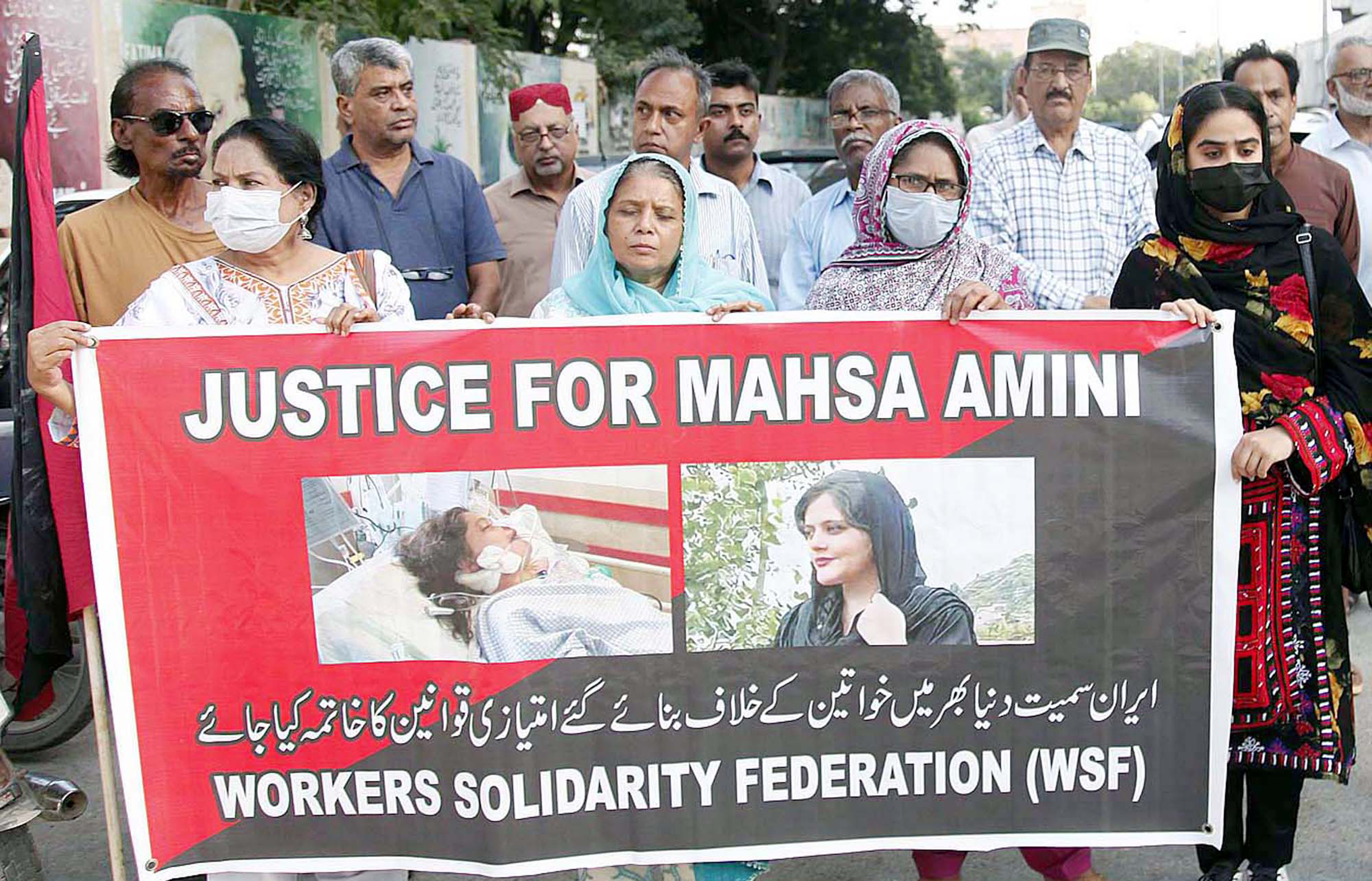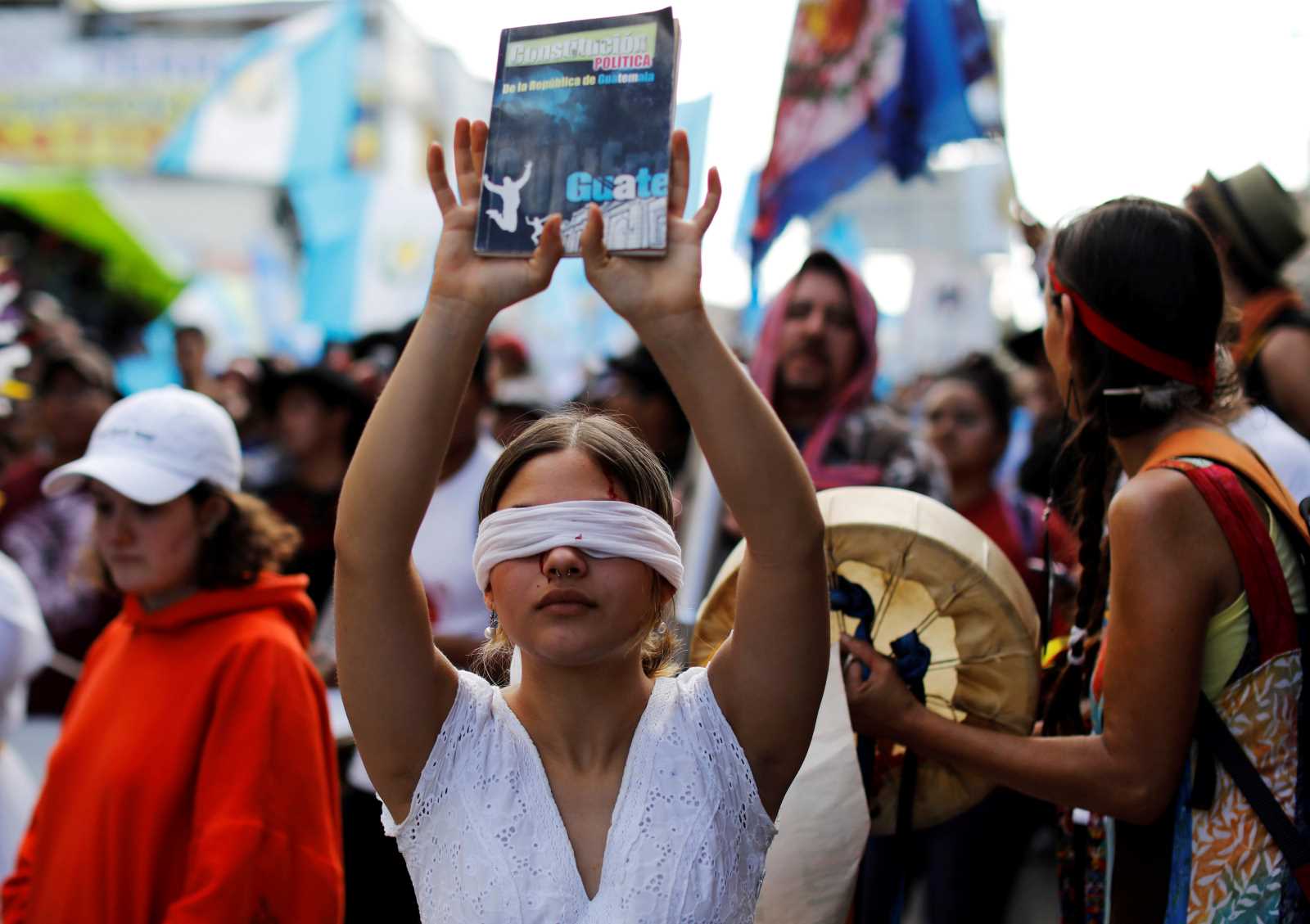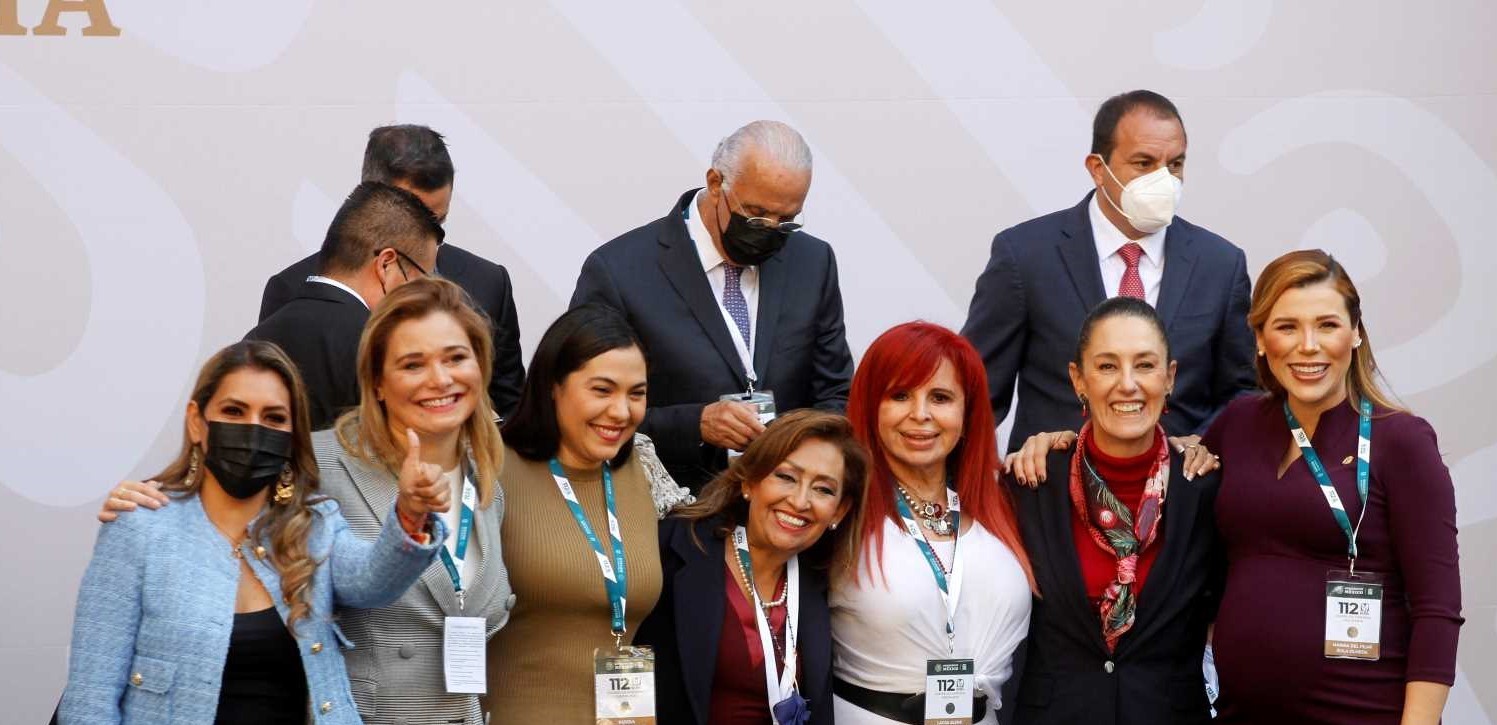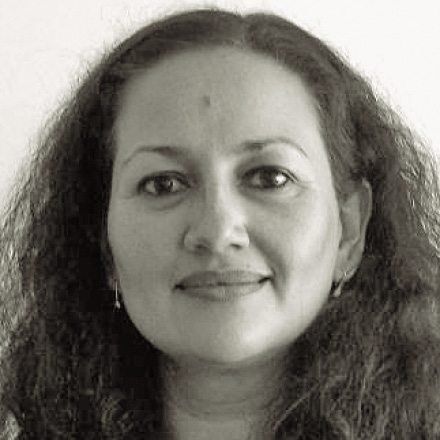Citizenship
“People are not afraid to talk online”
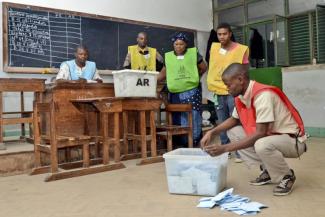
What triggered your political interest?
I studied political science and international relations in Portugal. The subject attracted me because, in Mozambique’s history, the public was hardly allowed to participate in political matters. We used to be a Portuguese colony. Today, we live under virtual one-party rule. Our past has turned us into a peaceful and quiet people. If a law is passed or public transport becomes more expensive, people get angry, but they do nothing about it. This bothered me. When I discussed things with friends, many said: “Be careful. It is best to not interfere. You can’t talk openly about these issues.”
Do people in Mozambique still need to be wary of expressing opinions?
It isn’t easy. In March 2015, the lawyer Gilles Cistac was shot in the street outside a cafe in central Maputo. Such incidents scare people. They fear retaliation. They keep their mouths shut. They want to be safe and not jeopardise jobs and lives. However, we need engaged citizens to help Mozambique evolve from being merely a formal democracy and become a living one.
Mozambique is considered progressive when it comes to gender equality – and there is a number of women in parliament.
Yes, but it is mostly window dressing, really just symbolic. Recently, a law was discussed that, if a raped girl marries her tormentor, there would no longer be any criminal offense. That is absurd. We rallied against it. Unfortunately, none of the female legislators supported us. A lot remains to be done in the field of gender relations, but we see little commitment from women MPs. Perhaps they have no influence.
But Mozambique’s number of women in parliament compares favourably at the international level.
The statistics are legitimation to say “we are a democracy”. In daily life, huge problems remain. Mozambique has high HIV rates, domestic and sexual violence are widespread. There are many civil-society organisations which find themselves stuck at some point and achieve nothing. I find that frustrating.
What is your approach to being politically active?
First I started to blog, which is a great tool. The genre gives scope to citizen journalism and reaches out to the youth. But I wanted to do more than merely share my views. To me, it is not just a matter of digital expression, but one of citizenship and participation. I wanted to create a platform where people would not only publish their views and photos, but could also get in touch with us. So, in cooperation with some students, I established Olho do cidadão. The site deals with topics like education, politics or HIV/AIDS. The project began to grow. We soon started hosting public events, focusing on environmental issues or homophobia for example. Olho do cidadão requires effort and money, but is well worth it.
Did the 2014 presidential elections become a turning point?
Yes, it did because it opened up new opportunities. We initiated the Txeka project. International organisations helped us. Together with other civil-society organisations we created a platform for people to report strange incidents before and during the elections. People could report anything that looked like election fraud or corruption. To do so, they could use e-mail, WhatsApp, Facebook, Twitter, or they could give us a phone call. We put the reports on a map and made it publicly available. The feedback was tremendous. The lesson was that people want to express their opinions and participate in public affairs.
Did you expect otherwise?
I did not think it would be so well received. It all happened so fast. The elections were on Wednesday, and we only launched Txeka the Saturday before.
To what extent do digital media have an influence on forming political opinion and facilitating public participation in Mozambique?
The impact is huge. We have an online debate forum which works very well. People are not afraid to talk online. Of course, we know that there can always be some form of restriction, but people still express their opinions and criticism.
What kind of limitations are there?
There was the case of Carlos Nuno Castel-Branco, a scientist, who critically looked at business processes in Mozambique and criticises former president Guebuza. He was brought to court because of a comment on Facebook.
Have you run into problems?
No, not really. Txeka went well, and no one has forbidden us. We were not censored. However, on election day, when we wanted to present our results in major media institutions, their was a power black out at our office, and we were offline after the website crashed because of increasing access to it. That may have been a coincidence, but we could not reach anyone, and no one could reach us. It would be pure speculation, however, to say that this resulted from some kind of intervention.
How do digital media change the lives of the Mozambique people?
It changes many things. Before we stage rallies, pertinent discussions often start in social networks. Txeka began with social-media comments concerning transparency and free and fair elections. At first, there were short comments and write-ups which appear to carry little weight. But combined, they become an example of dynamic free speech.
Is the impact of the medium declining giving the vast amount of social-media content?
Well, one problem is certainly that people comment and debate online, but what happens afterwards in the real world remains a question. What needs to be done? State agencies must take popular movement seriously. Txeka was an important step. It also matters that governmental agencies have begun to respond to issues brought forward by citizens.
How has the government responded to your platform?
They have commented to the criticism. They didn’t criticise Txeka, but institutions like CNE, the election commission and STAE, the election administration technical secretariat, should answer to concerned citizens. The people want more to happen. They want to see their problems solved. To achieve that, one needs to pressure the institutions. Online criticism is not enough.
Does awareness of the social media change the behaviour of politicians and decision makers?
Yes, absolutely. During the 2014 presidential election, candidates and parties established Facebook pages for themselves for the first time. They understood the medium’s relevance. They know it may affect election results. They even considered new laws for social networks.
So they exploit social networks for their own purposes?
What’s wrong with that? Politicians should enjoy freedom of speech too. It is positive that exchanges exist. MPs are supposed to represent citizens, and thanks to social media, they now get to know their constituents’ opinions. We are on the right path, but the government has to listen more.
But isn’t internet access still a major problem in Mozambique? Connectivity gets worse the further north one travels.
That’s true. But with Txeka, we received messages from all regions of the country. We designed the system so that people without internet access could contact us by phone. Those without internet could call or send text messages. Mobile phones are widely used. Many people now use WhatsApp and are able to send photos. A large number of people use this possibility. They do not need to own a computer. Digital technology has been available in the rural areas for some time now.
Which social media is most frequently used?
Facebook is the number one. Twitter is used by a higher-income stratum. Everyone uses WhatsApp. When Facebook is not available, my colleagues become nervous at the office. Of course, there are other channels, but you get used to Facebook. Olho do cidadão and Txeka also run largely through social networks.
What are the disadvantages?
Well, there is a lot of misinformation. Pictures are used even though they are not from the context discussed. False reports are spread. Fact checking and photo verification are huge challenges. Txeka cooperates with organisations that are able to verify. But targeted misinformation is indeed a serious problem for all digital media. Nevertheless, digital media are an incredibly powerful tool that we do not want to miss.
Are there efforts to pass laws and implement policies that would restrict the use of digital media and introduce some new kind of censorship?
It would not surprise me. There have been attempts. The case of Castel-Branco triggered an intense debate. And of course, there are those who monitor the internet to identify people who appear to have influence. Profiles are scanned, but nonetheless, people are still talking online, which shows the people are no longer afraid.
What is your long-term hope?
Mozambique still has a long way to go until the government involves citizens more and allows for more participation. I want more people to become active in politics, demand transparency and better living conditions. Democracy means government of the people, by the people and for the people. This needs to come true. Give people the tools and they will use them.
Fernanda Lobato is a Mozambican internet activist. She is founder of the portal Olho do cidadão (Eye of the citizen). The Txeka project which she initiated allowed for civic monitoring of the 2014 election. Lobato recently spent some time in Washington D.C. as a fellow with the Mandela Washington Fellowship which was initiated by US-President Barack Obama in 2014.
fernandalobatomoz@gmail.com
Link
Olho do cidadão:
http://olhodocidadao.org/
